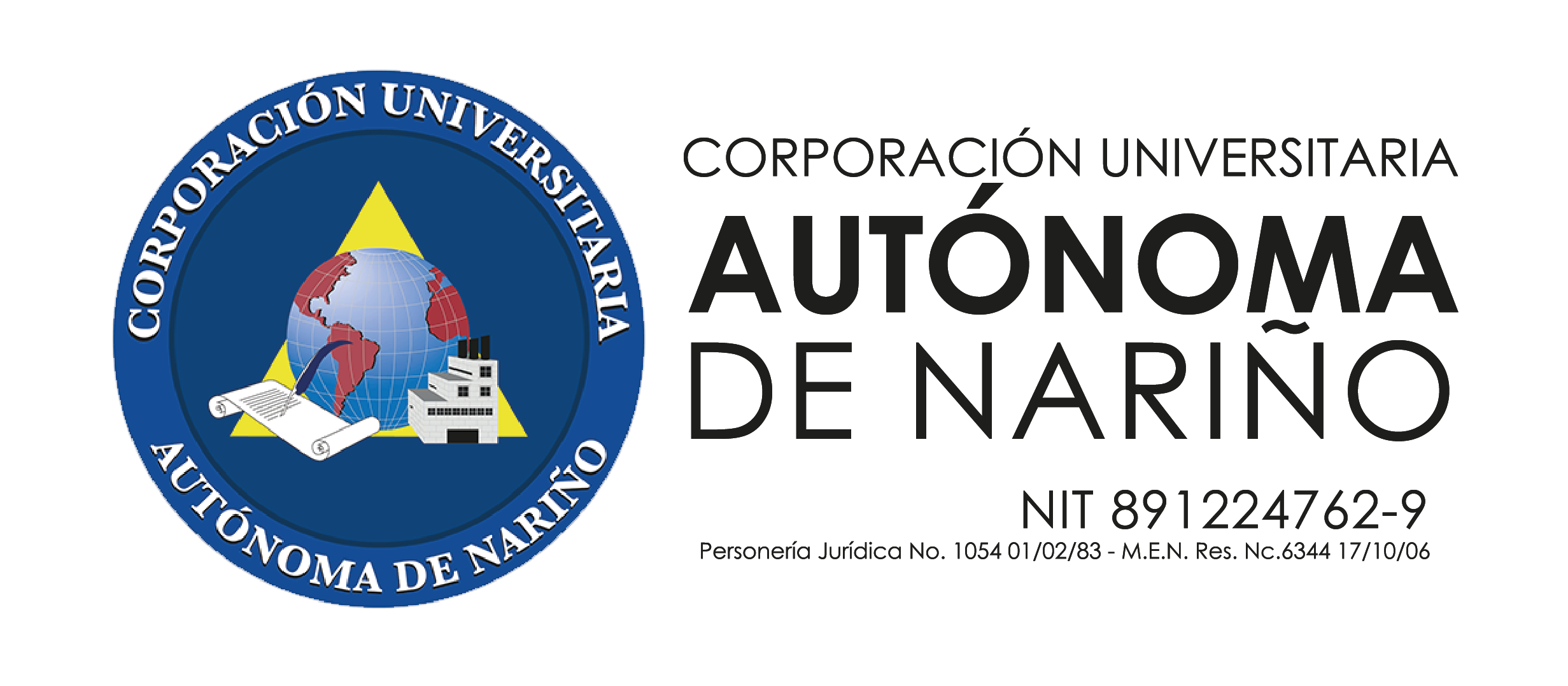Analysis of the efficiency of OECD countries for income generation
A study through the Data Envelope Analysis (DEA) from 2000 to 2020
DOI:
https://doi.org/10.47666/summa.6.1.5Keywords:
DEA, gross capital formation, GDP, OCDEAbstract
The purpose of this paper is to analyze the technical efficiency shown by OECD countries to generate income from three inputs, such as gross capital formation, economically active population, and territory, in a period between 2000 and 2020. The analysis was based on the concept of development based on economic growth, and using Data Envelope Analysis (DEA), a non-parametric method of linear programming, for the measurement of efficiency. The results show that six nations were able to maintain an optimal level of efficiency throughout the study period, such as the United States, Iceland, Japan, Luxembourg, the Netherlands and the United Kingdom; Estonia and Switzerland, on the other hand, were able to maintain the same level for fifteen of the twenty years of study; Norway did the same for ten years; while Germany, South Korea, Slovenia and Greece achieved it for five years.








